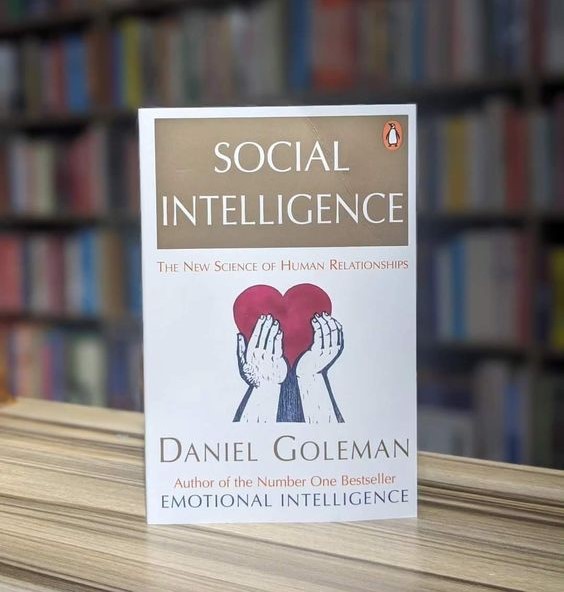Social Intelligence: Understanding and Navigating Relationships
Social intelligence refers to the ability to understand and manage social interactions effectively. It encompasses awareness of social dynamics, the ability to empathize with others, and the skills to navigate complex interpersonal relationships. Here are some key components and benefits of social intelligence:
1. Awareness of Social Cues
Socially intelligent individuals can pick up on verbal and non-verbal cues in interactions. This includes recognizing body language, tone of voice, and facial expressions, which helps them understand the emotions and intentions of others.
2. Empathy
Empathy is a core element of social intelligence. It involves not just recognizing how others feel but also being able to connect with those feelings. This fosters stronger relationships and enhances communication.
3. Effective Communication
Being socially intelligent means being able to express oneself clearly and appropriately in different contexts. This includes adjusting communication styles based on the audience and the situation, as well as being a good listener.
4. Conflict Resolution
Socially intelligent people are often skilled at navigating conflicts. They can identify the root causes of disagreements and facilitate constructive discussions, helping to find common ground and resolve issues amicably.
5. Building Relationships
Social intelligence involves knowing how to create and maintain relationships. This includes networking skills, the ability to establish rapport, and the knack for nurturing connections over time.
6. Adaptability
People with high social intelligence can adapt to different social situations and environments. They understand the dynamics at play and can adjust their behavior to fit various social contexts, making them versatile in interactions.
7. Cultural Awareness
Understanding and respecting cultural differences is a key aspect of social intelligence. This awareness enables individuals to engage effectively with diverse groups and fosters inclusivity.
8. Influence and Persuasion
Socially intelligent individuals often excel at influencing others positively. They can articulate their ideas in ways that resonate with others, motivating and inspiring them to take action or adopt new perspectives.
Benefits of Social Intelligence
- Stronger Relationships: Enhances personal and professional relationships through better communication and understanding.
- Improved Leadership: Leaders with high social intelligence can inspire and motivate teams, fostering a positive work environment.
- Greater Emotional Well-being: Building meaningful connections can lead to increased happiness and fulfillment.
- Enhanced Conflict Management: Better equipped to handle disagreements, leading to healthier resolutions and less stress.
Conclusion
Social intelligence is a vital skill that impacts nearly every aspect of life. By developing awareness of social cues, practicing empathy, and improving communication skills, individuals can enhance their social intelligence and create more fulfilling relationships. As the world becomes increasingly interconnected, the importance of social intelligence continues to grow, making it an essential competency in both personal and professional realms.
